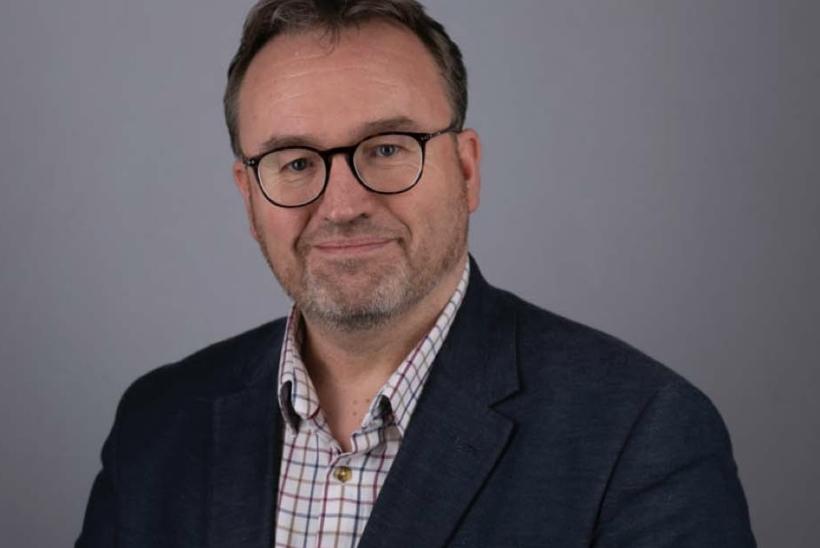Celebrating World Brain Tumour Day: Q&A with Prof. Darren Hargrave
In celebration of World Brain Tumour Day and the recent approval of a new treatment after over 20 years of research, we have the privilege of sitting down with Prof Darren Hargrave, a pioneering Childhood Cancer doctor, to delve into his journey, the hurdles he faced, and the remarkable breakthroughs achieved.
Prof Hargrave's commitment has significantly advanced our understanding and treatment of childhood brain tumours, offering hope to countless families impacted by this challenging condition.
What inspired/motivated you to delicate over 20 years to researching brain tumours in children?
When I first started training to be a Childhood Cancer doctor 20 years ago, I was struck by the very poor survival rates for some paediatric brain tumours and the many long-term side effects that brain tumour survivors and their families face. I was convinced that a better understanding of the biology of these tumours could eventually lead to better and kinder therapies, so I decided to specialise in treating and researching childhood brain tumours.
Can you share any challenges and breakthrough moments you faced during your research journey?
When I first started two decades ago, there was very little dedicated research funding for childhood brain tumours, a lack of laboratory models to replicate and explore childhood brain tumours, and often a lack of patient tumour samples available to study. Additionally, there was little interest from the pharmaceutical industry in this rare and difficult population. Over the years, we have managed to address most of these issues, resulting in more clinical trials and, in some cases, new approved treatments.
How does it feel to see your research translate into new approved treatments that could potentially save many lives?
The main aim of my research is to introduce new treatments for children and young people with brain tumours to cure more patients with a lower burden. The new targeted at-home oral therapies for BRAFV600E mutated gliomas (a specific genetic mutation found in some brain tumours) are a great example of this, and I hope it is the start of many more.
What message do you have for families affected by paediatric brain tumours?
I very much sympathise with those affected by childhood brain tumours, and I want to say that there is a lot of research happening. I am sure in time we will see other new breakthroughs from clinical trials emerging. It is vital that we work in partnership with patients and their families to speed up success.
How can the general public support ongoing research and awareness efforts for children’s brain tumours?
It is important that the public are aware of childhood and young people’s brain tumours as, although rare, they are the greatest cause of disease-related deaths and have a massive impact on those affected. As always, research and clinical trials require funding, and I am sure all of those involved with the fight against brain tumours would be grateful for any support you can give.
Thank you to Professor Hargrave for sharing these valuable insights. Professor Darren Hargrave's unwavering dedication over the past two decades has not only led to the recent approval of a new treatment for brain tumours but has also set the stage for future advancements in the field.
As we commemorate World Brain Tumour Day, let us acknowledge and honour the efforts of individuals like Professor Hargrave, whose tireless commitment offers hope and promise to patients and families worldwide. To discover more about this groundbreaking treatment and its journey to approval, please read our related article here.

